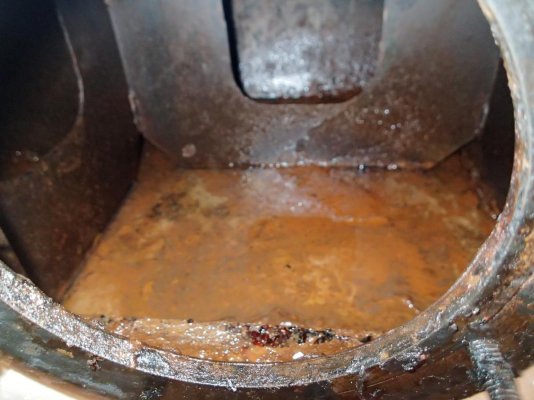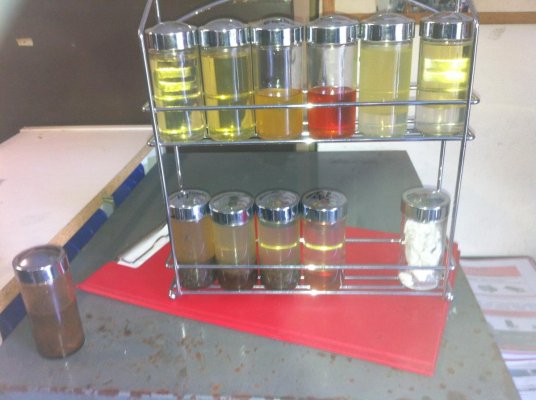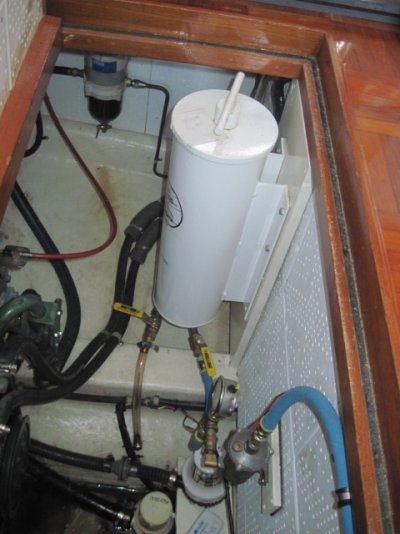This product was written up, and advertised (nexus likely) in Afloat Mag. this month, probably where Ron saw it. Products like this always draw the "snake oil" critics. There is at least one past thread discussing the several types of product and how they operate. I`ve not used Fuel Doctor but the advert and edit piece say it has been around a while and is used commercially in bulk fuel storage. I currently use "Fuelmaster", used something else until it got banned for causing cancer in lab rats. I think both helped (maybe not the rats though), the now banned product came recommended by my then diesel mechanic, highly competent, ex Navy, not at all gullible, cleaned up a dirty tank in my previous boat.
In fairness, no substitute for a physical tank clean, but worth a try, you`ll know soon enough from the filters and drainage if it is helping. Maybe check Fuelmaster`s site too, for a comparison.






